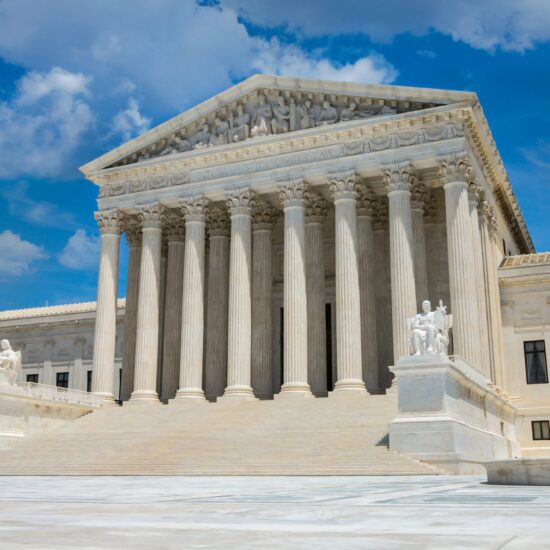Jim Stubenrauch is a CHMP senior fellow and a co-founder of the program in Narrative Writing for Health Care Professionals. Follow him on Twitter: @jimstuben.
At a press conference on Wednesday afternoon, five days after the mass murder in the Sandy Hook Elementary School in Newtown, CT, President Obama announced the formation of a task force on gun control to be headed by Vice President Biden—and then for the next 22 minutes of a half-hour Q & A, he took questions from a roomful of White House correspondents—the crème de la crème of the Washington press corps—about the so-called fiscal cliff. (Here’s a video and here’s the official transcript.)
At the precise instant that the POTUS stood up before the world and spent some precious political capital in declaring that, at long last, some serious effort would be made to end decades of paralysis on gun control and that substantive changes might soon help prevent acts like Adam Lanza’s slaughter of defenseless schoolchildren and teachers, the AP’s chief White House correspondent, Ben Feller, and the Wall Street Journal’s Carol Lee, among others, took the opportunity to turn away from discussion of this critical issue and return to the topic that had so preoccupied the news media before last week’s mass murder. The questions that followed amounted to an obsessively detailed but redundant parsing of the stalled budget negotiations. Half of that conversation is already old news.
I understand that this kind of thing happens all the time at presidential pressers, but in this particular instance I found the business-as-usual approach to the business of Washington insufferable and inappropriate. What this says to me—and I’m not the only one criticizing the press for this—is that the professionals in the room didn’t necessarily see the president’s statement as anything out of the ordinary; to them it was nothing more than the expected response to yet another routine tragedy that, in the long run, won’t make any difference in how guns are manufactured and sold, used and misused, or how—all too often in our country—innocent people die. The gun violence task force and the prospect of bipartisan support for gun control legislation are apparently of less moment than the same old same old about tax hikes and entitlement cuts. (And let’s leave aside the question of whether it’s accurate to say that we’re experiencing a “fiscal crisis” or whether what we’re hearing is anything more than the cynical maneuvering of antigovernment ideologues on behalf of the richest of the rich.)
Perhaps I found this incident particularly galling because of the way television and radio had been for the previous five days not only reporting on the shootings but dramatizing the nation’s collective response to the event. It’s not that I question the genuine fear and grief millions of people felt on hearing the first reports last Friday or still feel when they watch the coverage of another child’s burial. Rather, I’m bothered by the way news anchors and radio hosts have at times adopted an almost mawkishly somber tone that reveals, I think, an assumption that at times like this, their job is to act as the nation’s funeral directors or pastors, dutifully leading the public through a maze of pained reflection, with expert after expert at the ready to offer conflicting answers to questions we’ve barely had time to ask ourselves.
Is this really what we want from our most prominent talking heads? It’s as if the news industry is suffering—and making viewers and listeners suffer—from a combination of PTSD and ADHD, obsessively replaying and amplifying the trauma of an event like the Newtown massacre until, suddenly, it’s time to turn those frowns upside down and move on to a commercial break.
While USA Today’s David Jackson deserves credit for steering Wednesday’s press conference back to the question of gun control, no one picked up on the president’s mention of an important public health component of this issue: “We’re going to need to work on making access to mental health care at least as easy as access to a gun,” he said.
With just a minute or two left to Wednesday’s news conference, there was still time for more press corps buffoonery. Alluding to the administration’s inaction on gun control in Obama’s first term, Jake Tapper of ABC News bluntly asked the president, “Where have you been?” on the issue—as if he didn’t know, having covered the White House for the past four years and fully understanding the political danger of crossing the NRA and a large gun-loving constituency. Apparently Tapper thought he sounded tough, but it was a preening, transparently self-serving question that only gave the president an opportunity to deliver a polite and precisely measured smackdown. Noting that he’d been “dealing with the worst economic crisis since the Great Depression, an auto industry on the verge of collapse, two wars”—he could have mentioned the ACA, but I forgive him—the president added, “I don’t think I’ve been on vacation.”
The correspondents’ reaction to the president’s statement may seem trivial, but I think it’s a telling symptom of our predicament. It exemplifies an important part of the process by which serious debate on pressing issues—climate change, anyone?—is derailed again and again: it isn’t only by government dysfunction but by a news industry that aids and abets it.
And this just in: NRA executive vice president Wayne LaPierre has called on Congress to immediately “appropriate whatever is necessary to put armed officers in every school.”
Now there’s a plan—and nevermind that budget deficit.









